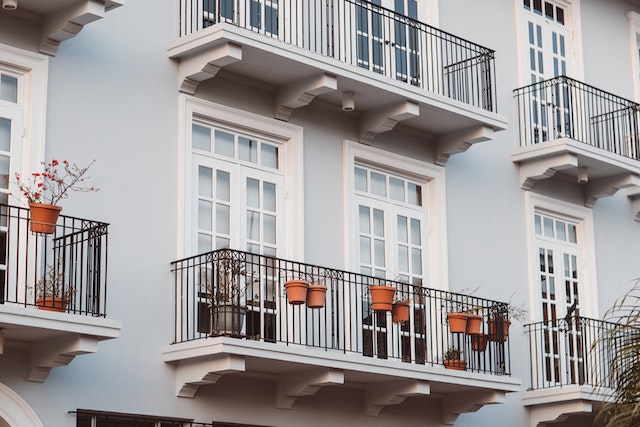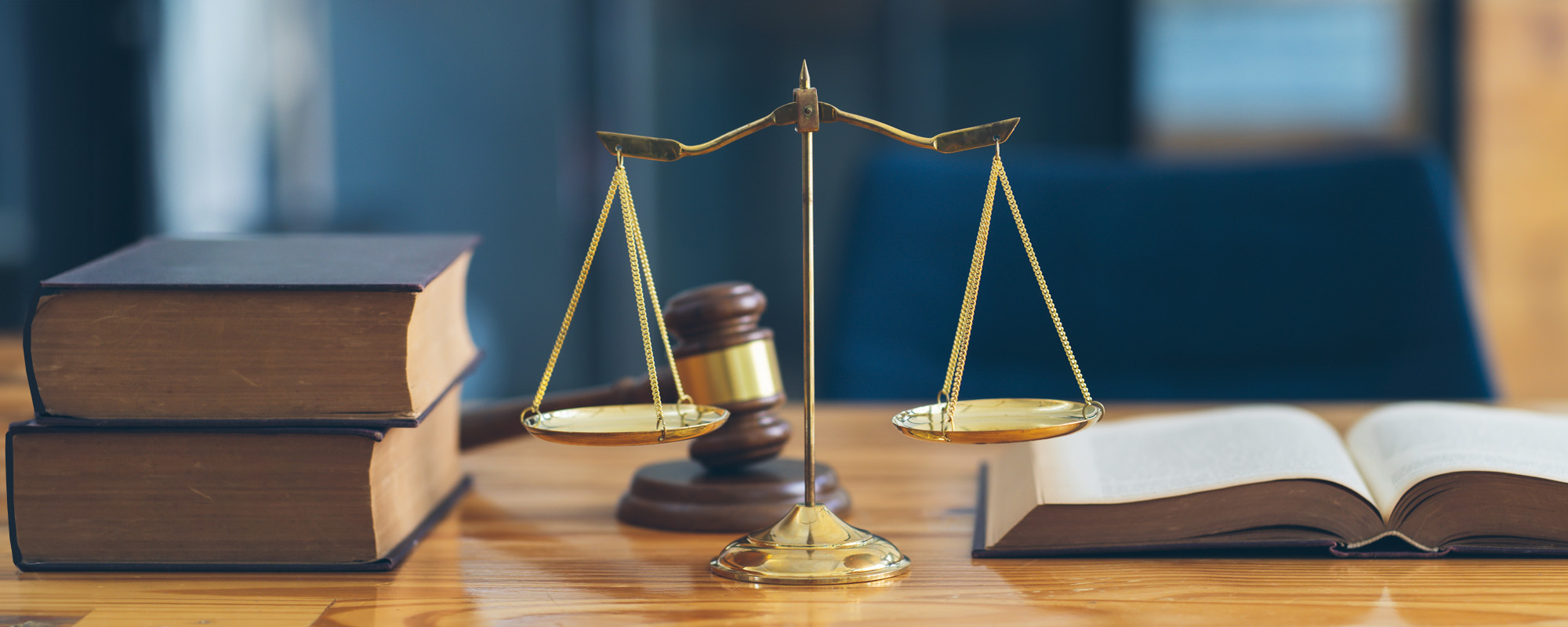
According to the CDC, slip and fall accidents send almost one million people to the hospital yearly. If you trip or stumble in your apartment, you might be able to sue your landlord to recover the cost of your medical expenses, lost wages, and personal property damage, among others. Depending on the circumstances, you might be the one held legally liable, instead of your landlord. Read on to see how Rockland County apartment accident lawyers can help you navigate these tricky questions.
What Determines Who Is Legally Responsible for a Slip and Fall Apartment Accident in New York?
Slip and fall accidents fall under premises liability law. Under premises liability law, different individuals might be responsible for injuries on a piece of property. Typically, the owner or manager has a duty of care to maintain, repair, and clean common spaces.
But this doesn’t only apply to owners and managers. Developers, architects, and engineers also have a duty of care towards those who use their products. Other tenants also have a responsibility both to maintain their private spaces as well as to avoid damaging public spaces.
When someone fails in their duty of care, they are said to be “negligent.” To sue their landlord after a slip and fall accident, tenants need to prove that:
- their landlord violated a law related to the safety of the tenant,
- the law was intended to protect people from the kind of injury the tenant sustained,
- and the landlord’s negligence resulted in the dangerous conditions that caused the tenant’s injury.
Am I Legally Liable?
Typically, tenants are responsible for the maintenance of their private space. For example, if you leave the tap on and later slip on spilled water, a court may consider that an example of your own negligence. In that case, the landlord would not be liable. Similarly, if you become injured while inside someone else’s apartment, that tenant may be the legally responsible party, not their landlord.
Is My Landlord Responsible for A Slip and Fall Accident?
However, tenants are not typically responsible for the upkeep of their common spaces, nor are they responsible for larger maintenance or repair needs.
For example, it falls within the landlord’s duty of care to clean and maintain areas such as hallways and staircases. If those spaces are disorganized and as a result, someone sustains an injury, the landlord may be held responsible.
Or suppose a tenant had a slip and fall because of water that leaked through a storm-damaged ceiling. In that scenario, the landlord might be liable.
Should I Hire A Lawyer After My Injury?
Besides the difficulty of determining who is legally responsible for injuries after a slip and fall, these kinds of cases can present other difficulties. Factors to consider would include the extent and gravity of the injury, as well as whether the time for the statute of limitations had run out. If you’ve recently gotten hurt as a result of a slip and fall accident in your apartment, don’t hesitate to contact us. We’ll guide you through the process and help you get compensated for your pain.

